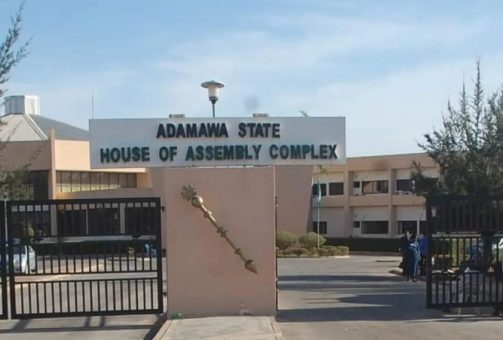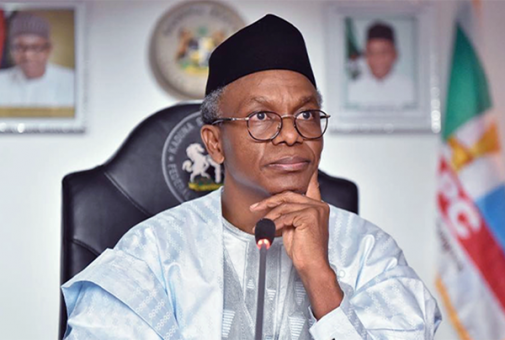Governor Olayemi Cardoso of the Central Bank of Nigeria (CBN) has reiterated his criticism of the monetary policies implemented by his predecessor, Godwin Emefiele, attributing the country’s current economic challenges to those earlier decisions.
During a press briefing on Tuesday following the 297th meeting of the Monetary Policy Committee (MPC) in Abuja, CBN Governor Olayemi Cardoso reiterated his criticism of former Governor Godwin Emefiele’s monetary policies, linking them to the country’s current economic difficulties.
Cardoso announced that the committee has decided to increase the Monetary Policy Rate (MPR) by 50 basis points, raising it from 26.75% to 27.25%, in an effort to combat the prevailing inflation rate of 32.15%.
Godwin Emefiele served as CBN governor from June 4, 2014, until his suspension on June 9, 2023. Following Emefiele’s departure, President Bola Tinubu appointed Olayemi Cardoso as the new CBN chief in September 2023, a move that was swiftly confirmed by the Senate.
Under Cardoso’s leadership, the Monetary Policy Committee (MPC) has increased the interest rate by 8.5% over the past year, raising it from 18.75% in September 2023 to 27.25% now. During this period, the naira has also depreciated significantly, going from around ₦700 to over ₦1,600 per US dollar.
When questioned about the effectiveness of the apex bank’s monetary policies, including multiple interest rate hikes and the collapse of foreign exchange windows amid ongoing economic hardships for Nigerians, Cardoso once again attributed the current monetary situation to the policies of his predecessor.
“You can’t separate the current situation from what transpired over the past year,” Cardoso stated, noting that while the economy grew at an average of 1.2% during Emefiele’s tenure, the money supply increased by 12.6%, which he described as “an inherent distortion.”
He explained, “We inherited a very loose money supply environment between 2017 and 2023, characterized by significant liquidity being injected into the system. In 2015, the money supply was approximately N19 trillion, but by 2023, it had soared to N54 trillion. That’s an enormous increase.”
Cardoso emphasized that much of this growth in money supply was driven by “ways and means,” leading to a situation where excessive money was chasing a relatively constant amount of goods. “Understanding this context is crucial,” he added.
The Central Bank of Nigeria’s short-term financing initiative, known as Ways and Means, provided support to the Federal Government to address budget shortfalls.
Cardoso highlighted that the collapse of global oil prices in 2015 significantly impacted Nigeria, a country heavily reliant on oil. “With the decline in oil prices, foreign exchange reserves dwindled, and the response was a tightening of foreign exchange availability, which ultimately harmed the economy,” he noted.
He mentioned that efforts to harmonize multiple exchange rates have yielded positive results, stating that Nigerians now have a more flexible exchange rate system where transactions can occur through a willing buyer, willing seller approach, rather than being hindered by multiple exchange rates.
“I acknowledge that many are facing difficulties, but the measures we are implementing are aimed at setting the economy on a path to recovery, preventing a return to the inefficiencies of the past,” Cardoso remarked. He recognized the current challenges but emphasized the necessity of using these tools to manage excess liquidity, control high inflation, and attract back portfolio investors who had previously withdrawn from Nigeria.





